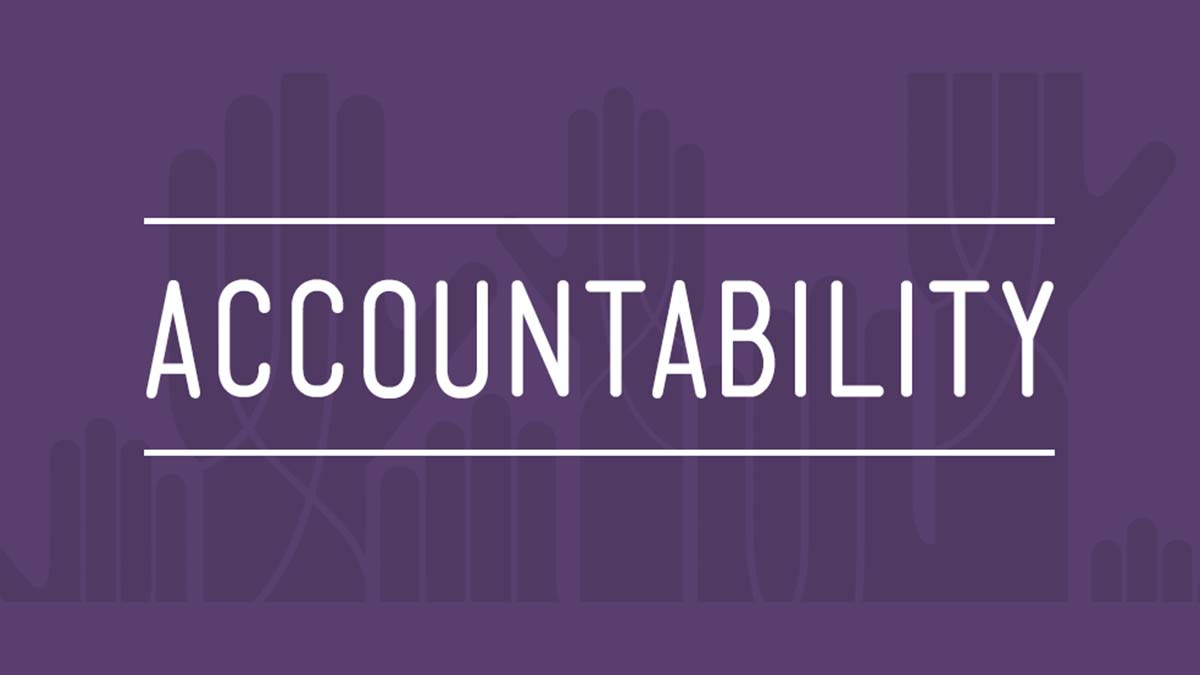2020 taught us that “business as usual” is no longer usual. As leaders like myself reflect on lessons of the past year, we find ourselves needing to shift how we show up in our professional lives, which bleeds into our personal lives now more than ever.
The successful 2021 executive understands that employees are looking to them for answers and direction amid all the uncertainty. But in order to provide effective guidance and ensure they’re leading from a genuine and grounded place, executives must first get their own houses in order. This authentic leadership requires alignment across all areas of one’s life — personal, family and professional — and has never been more critical, as working from home has stripped us of many of the ways in which we were previously able to compartmentalize our work selves apart from our personal selves.
The idea now isn’t to attain greater work-life balance, but greater life balance. This is an important distinction, as it emphasizes the more holistic view of ourselves that is becoming welcomed and expected in the workplace. In the past, there was an assumption that one should maintain an artificial barrier between our work and personal selves. There is now a realization of the interconnected nature of how the different parts of ourselves affect how we show up.
Think about it. An argument with your partner will affect your mood at work, just as your work stress will affect your relationships at home. The goal should be to mindfully meld all our different selves — personal, professional and family — into one authentic, holistic being. The end result is not needing to think, “How should I act in this setting?” Stress and happiness are not compartmentalized by the hour of the day, but blend together throughout your work and personal lives.
So, where do you start?
Start with the end in mind.
It is easy to fall into the trap of setting short-term goals for ourselves, checking off boxes and racking up achievements that ultimately feel hollow. Working on nominal tasks is only exacerbated in the pandemic, where time seems to move faster and the days quickly blend into weeks. To maintain a larger perspective, I like to ask the question, “At the end of your life, what is the one thing you want to have accomplished?” It is not how much money you made or what jobs you had, but what is the legacy you want to leave behind? That vision is crucial because once you know where you are going, all of your decisions can flow from there.
Get to know yourself.
The solitude of the pandemic has meant that we are spending more time alone, reflecting on … well, everything. Hopefully, one positive byproduct of all that reflection is that people begin to look inward for answers. There is no one out there who has the answers for you — only you can figure out what you want from life. Similarly, there is no one out there who can tell you how you should act in different settings — only you can figure out what works for you. A piece of advice to help optimize your life: Figure out who you want to be and be that person in all settings.
Trying to separate your work self from your family self only wastes energy and creates artificial barriers; it’s by integrating all the elements that you can achieve a sense of alignment with your life’s purpose. This is why I start my most important meetings with individual check-ins, asking everyone to describe to the team if they are okay, present and all-in. Many times, people will share that something is bothering or distracting them, and they may have to step out of the meeting to take a call or address a personal matter.
Find the right partners.
By having your own house in order and being clear about what you want to achieve, you can attract the kind of people who want to help you achieve your purpose or connect with peers on an adjacent path. Inside of a company, it’s critically important that everyone is rowing in the same direction, both understanding and agreeing with the end goal.
Aligning on a shared vision isn’t always the easiest, but it is vitally important that your employees feel secure in the future that you are building together. Ironically, teams spend so much of their time talking about logistics and focusing on the day-to-day that those big-picture details can get lost. A great executive in 2021 and beyond will remind those rowing alongside them of where they’re going, what success means and shift direction as needed in order to get to their destination — and enjoy the process along the way.
Your Real Legacy
Living through a pandemic has made us far more intimately familiar with death than we might want. But death also makes us think about life’s big questions, and chief among them is, “What kind of legacy will we leave behind?”
Our legacy isn’t just the work we produced but the relationships we invested in and the impact we left on other people. It’s not just a few noteworthy achievements that we may be remembered for but the character-building decisions we made moment-to-moment about how we lived our lives. Most people say life is short; I say life is long, so make a choice to live the life you want to live — every day.




